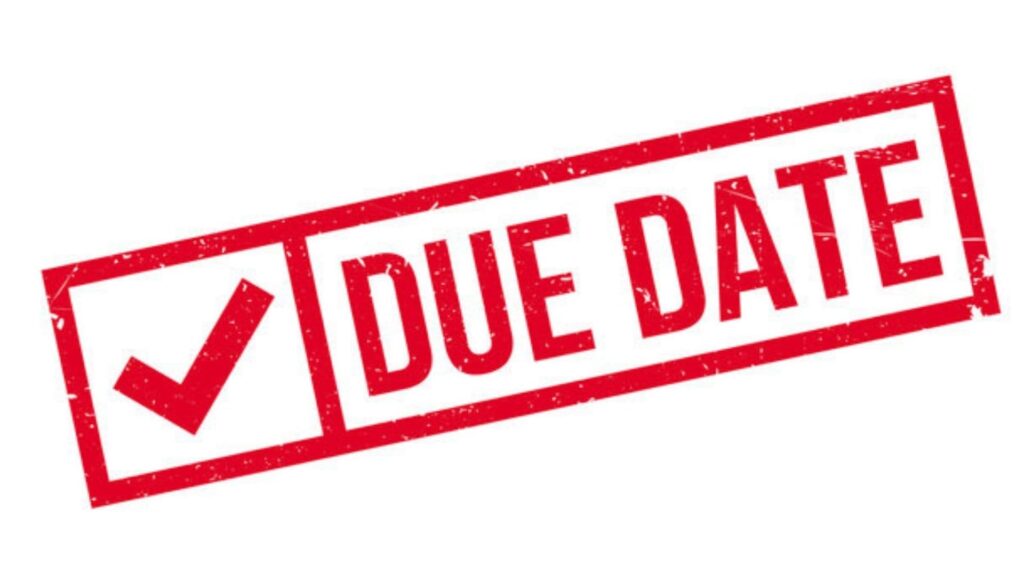Minnesota State Taxes Guide
This article provides a comprehensive guide to Minnesota state taxes, covering personal income tax, sales tax, corporate franchise tax, filing requirements, exemptions, payment methods, and important deadlines. Stay informed to ensure compliance with Minnesota tax laws and optimize your tax responsibilities.

Contents
Minnesota state taxes encompass a range of taxes imposed on both individuals and businesses within the state. These taxes are essential for funding public services and infrastructure, including education, healthcare, transportation, and public safety. The primary state taxes include personal income tax, sales tax, and corporate franchise tax, each with specific rates and regulations designed to ensure fair contribution from all sectors of the economy. Minnesota’s tax system aims to distribute the tax burden equitably while generating sufficient revenue to support the state’s needs. Understanding these taxes and their respective rates is crucial for residents and businesses to stay compliant and manage their finances effectively.
Minnesota Personal Income Tax
Minnesota personal income tax is a progressive tax with rates ranging from 5.35% to 9.85%, depending on the taxpayer’s income level. This tax applies to all residents and non-residents earning income within the state. The tax is calculated based on federal adjusted gross income, with adjustments for state-specific deductions and credits.
Minnesota Sales Tax
The Minnesota sales tax rate is 6.875%, applied to most retail sales of goods and some services. Local jurisdictions may impose additional sales taxes, resulting in varying rates across the state. Businesses collect sales tax at the point of sale and remit it to the state, helping fund local and state government operations.

Minnesota Corporate Franchise Tax
The corporate franchise tax in Minnesota applies to businesses operating within the state. The tax rate is 9.8% of taxable income, which is calculated based on federal taxable income with state-specific adjustments. This tax ensures that corporations contribute to the state’s revenue system.
Who Must File Minnesota State Taxes?
Residents of Minnesota must file a state tax return if their gross income exceeds the filing threshold for their status. Non-residents and part-year residents must file if they earn income from Minnesota sources. This includes wages, salaries, tips, interest, dividends, and other types of income.
All businesses operating in Minnesota, including corporations, partnerships, and sole proprietorships, must file state tax returns. Corporations file corporate franchise tax returns, while other business structures report their income on personal or partnership returns.
How to File Minnesota State Taxes?
Individuals can file their Minnesota state tax returns electronically using the Minnesota Department of Revenue’s e-Services portal. This method is secure, convenient, and often results in faster processing of refunds. Paper forms are also available for download from the Department of Revenue’s website and can be mailed in upon completion. It is important to gather all necessary documents, such as W-2s, 1099s, and federal tax returns, before filing.
Businesses can file their tax returns electronically through the e-Services portal. This includes filing for corporate franchise tax, sales tax, and other business-related taxes. Paper forms are available for those who prefer to mail their returns. Ensuring all information is complete and accurate helps avoid delays or issues with the filing process.

Are There Any Exemptions for Minnesota State Taxes?
Personal exemptions are available based on filing status, with additional exemptions for dependents, the blind, or seniors aged 65 or older. The state also provides various tax credits, such as the Working Family Credit, Property Tax Refund, and credits for taxes paid to other jurisdictions.
Businesses may qualify for various tax incentives and credits, including the Research and Development Credit, Job Creation Fund, and Greater Minnesota Internship Tax Credit. These incentives aim to promote business growth and economic development within the state.
How to Pay Minnesota State Taxes?
Payments can be made online via the Minnesota Department of Revenue’s e-Services portal using electronic funds transfer (EFT) or credit card. Payments can also be mailed using a check or money order, accompanied by the appropriate payment voucher. In-person payments are accepted at authorized locations.

Minnesota State Taxes Due Dates
The deadline for filing Minnesota personal income tax returns is generally April 15, mirroring the federal tax deadline. If the date falls on a weekend or holiday, the deadline is extended to the next business day. Estimated tax payments are due quarterly on April 15, June 15, September 15, and January 15.
The due date for corporate franchise tax returns is the 15th day of the fourth month following the close of the corporation’s fiscal year, often April 15 for calendar year filers. Estimated payments for businesses are also due quarterly.





